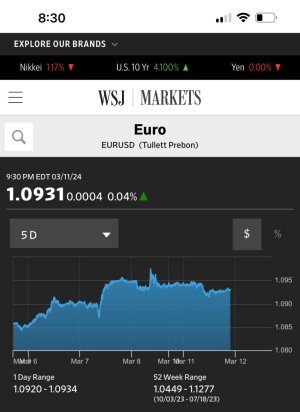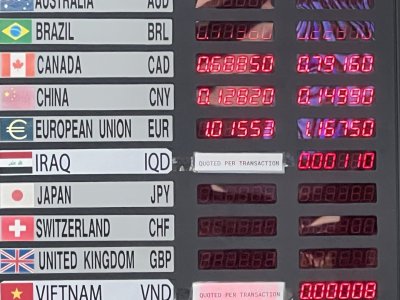- Joined
- Nov 12, 2015
- Posts
- 6,329
Sorry if this question has been asked, I tried to look for it. One thing I like about skiing in the US, or at least CO/NM I been skiing last few years, is everything is pretty much cashless. I take my ID and credit card, maybe a little cash that I never end up using. We are going to Chamonix my wife is telling me everyone in france uses euro's, and getting euros in the US is a better exchange rate. I was going to call my CC company/bank ATM and see what they say, exchange rate... Thoughts what's best? Is credit card use a bad idea over there? I put everything on CC in the US.
I use Revolut globally which I believe is available in US. Preloaded debit card accounts in multiple currencies with advance or spot conversion available though app. The last couple of times I've been in Canada I haven't handled cash at all which was only a problem going to a local hockey game where I had to pay in USD cash.
Just always choose the local currency on the machine when asked as the Revolut conversion is close to interbank rather than getting a loading on it.
You'll still need a credit card for rental car deposit etc.


